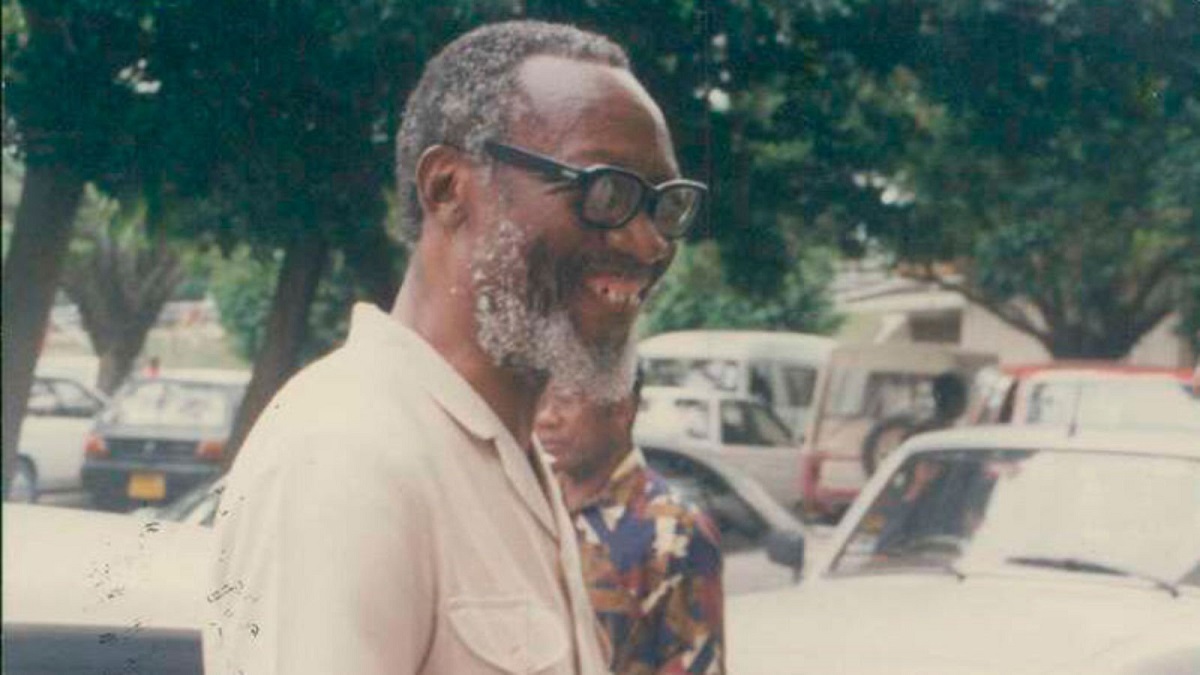At only 25, in 1965, Hilary Boniface Ng’weno, the veteran journalist, who died at his home in Nairobi on July 7, 2021, became the first African Editor-in-Chief of Nation Newspapers.
His tenure would last only two years, but it marked the beginning of a media career that would blossom into great achievements. Announcing his death, his family said he had been in poor health in recent years.
When Hilary arrived at Nation House, the former bakery on today’s Tom Mboya Street, opposite the Fire Station in Nairobi, the company was dominated by foreign journalists, including Englishmen hired from Fleet Street.
They were some of the finest media practitioners, but despite the racial prejudices of the time, found themselves reporting to this young Kenyan.
Hillary, who was fondly known to his staff and colleagues by his initials, HBN, had been prepared for this leadership, having been exposed to the world, while living and studying overseas.
He was the first Kenyan to study at the prestigious Harvard University in the United States. Ironically, he had not even studied journalism, having pursued nuclear physics.
Journalism snatched him from science but he throughout his life remained committed to promoting science among youth.
In 1975, Hilary made a pioneering move, setting up a magazine, the Weekly Review, which would become his greatest contribution to the development of Kenyan media. It specialised in political analysis and the review of events of the week in Kenya, Africa, and beyond.

Hilary is credited with nurturing a crop of journalists who would become influential in the media. They, in no particular order, include Peter Kareithi, the news editor, now a journalism lecturer in the United States, Wachira Waruru, the Group Managing Director of Royal Media Services, and Joe Odindo, who would later serve as the editorial director of Nation Media Group (NMG) and its biggest rival, the Standard Media before retiring just over a year ago.
Others were regular Nation columnists Macharia Gaitho and Jaindi Kisero, the late former Kenya Times Editor-in-Chief Amboka Andere and former World Bank staffer Peter Warutere. There were also excellent women, too, Sarah Elderkin, who was the managing editor of the Weekly Review, Wanjiru Ciira and Lucy Oriang. The Weekly Review was folded in 2001.
To diversify content, he launched the Economic Review, which he later sold to some of his staff. His Nairobi Times would later be bought by the ruling party, Kanu. It became the Kenya Times.
And the media trailblazer was not done yet, he would later open the first privately owned TV station, STV.
Hilary was a loving family man. His wife, Fleur, was well known in wildlife conservation circles, but more as a birdwatching enthusiast.
They had two daughters, Amolo, a business executive, who pioneered the internet in Kenya, when she joined Ayisi Makatiani and others to found Africa Online, and Prof Bettina Ng’weno, who teaches Afro-American studies in the US.
Hilary also tried his hand at writing novels, penning a thriller, Men From Pretoria. In his old age, he also took to documentary making, doing a series on Kenyan politics, Makers of a Nation, in collaboration with NMG.
He came from the Samia ethnic group, one of the 18 that make up the Luhya community, and which straddles the Kenya-Uganda border.
However, he was an urbanite, having been born at Muthurua in Nairobi in June 1938, when his father worked for the railways.
He went to the nearby St Peter Clavers School before joining Mangu High School from where he went to Harvard.
In the mid-1980s, he was known for his brisk walks across the city centre, with a firm, athletic gait when his peers then preferred to be driven from place to place. He was always casually dressed in a polo neck.
He will also be remembered for his clash with Ugandan dictator Idi Amin, who had ordered men to shave their beards. Hilary, whose major identity was a smart beard, wrote a stinging piece, calling Idi Amin names.
Then, Hilary’s younger brother, Alex Oundo, a former Uganda national soccer team captain, was serving as the commercial attache in Germany. Idi Amin recalled him to Kampala, but Alex heeded advice, as he could have run into trouble in dictator Idi Amin’s Uganda, and chose to come to Nairobi and his brother employed him at the Weekly Review.
His other siblings include Eulalia Namayi, who worked for the KBC for many years.
Last December, as if to crown his life, Hilary received the Lifetime Achievement Award at the 3rd annual convention of the Kenya Editors’ Guild for his immense contribution to the development of Kenyan media.
Hilary Ng’weno’s life journey may have just ended, but his legacy will live on forever.
khagunda@gmail.com




